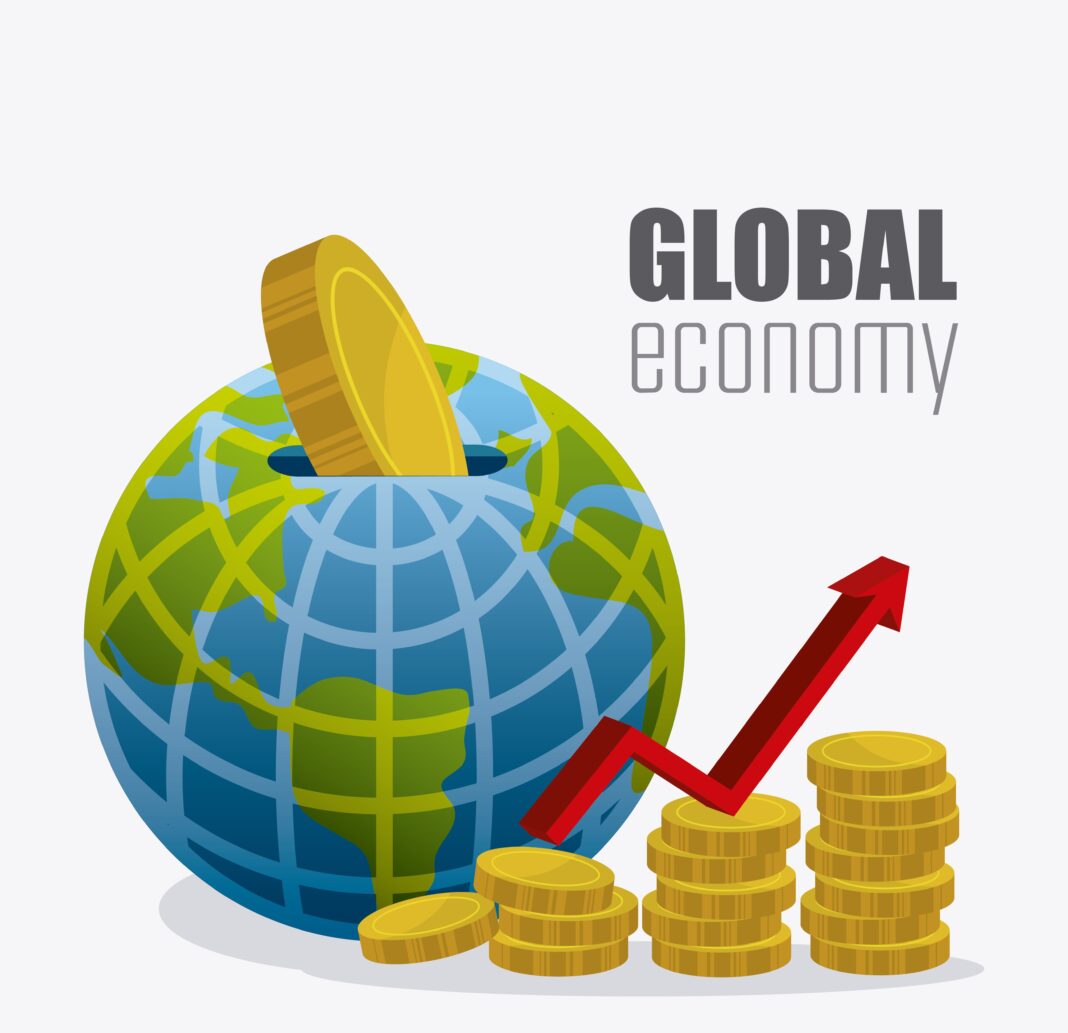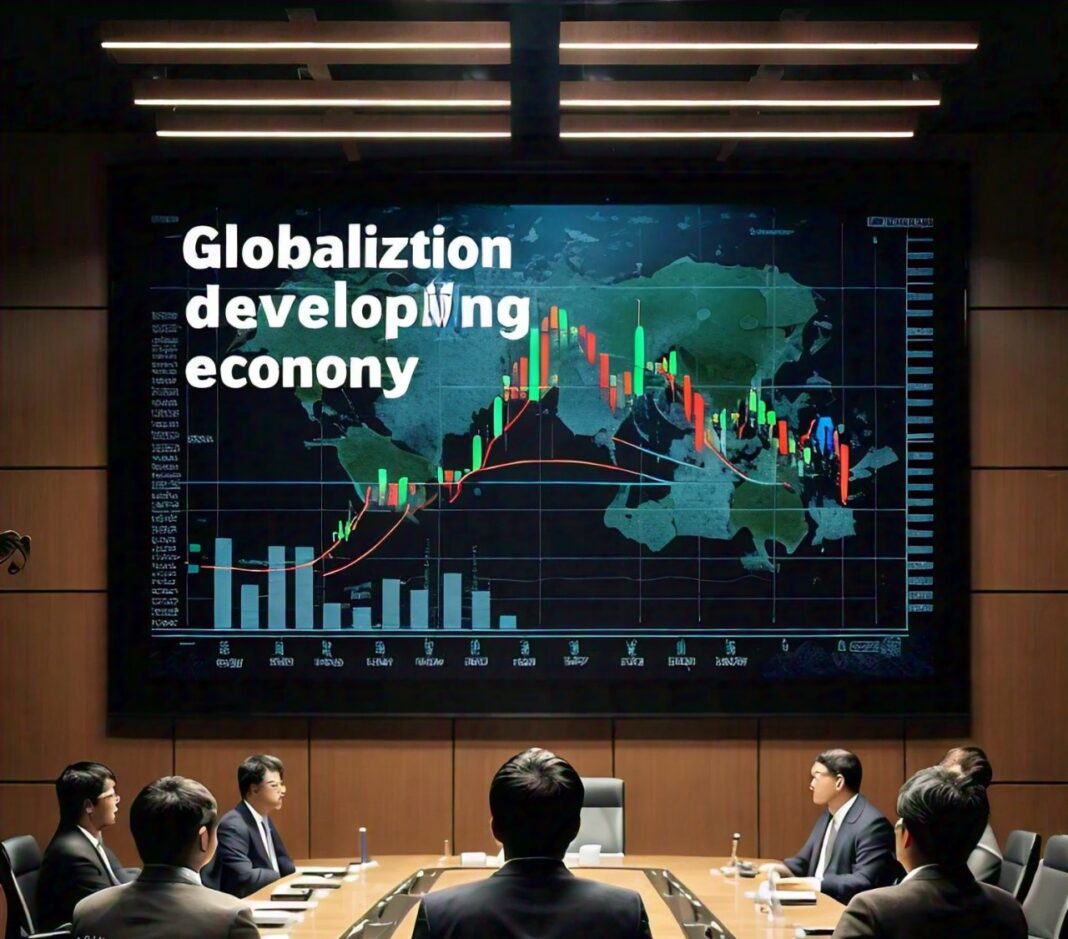In an increasingly interconnected world, globalization has become a defining force reshaping economies, societies, and cultures across the globe. At its core, globalization refers to the expansion of economic, political, and social interactions beyond domestic borders, fostering a complex web of relationships among nations. This phenomenon has been driven by advancements in technology, trade liberalization, and the rise of multinational corporations, creating both opportunities and challenges for nations.
One of the most significant dimensions of globalization is its impact on economic power dynamics. As countries engage more deeply in global markets, the distribution of economic power is shifting, often favoring emerging economies while challenging the dominance of traditional powers. This shift can be observed in various aspects, including trade patterns, investment flows, and labor markets. For policy makers, understanding these trends is crucial for developing effective strategies that harness the benefits of globalization while addressing its inherent risks.
As we delve into the current trends, it is essential to recognize the historical context of globalization and how past developments have shaped today’s economic landscape. By analyzing these trends, policy makers can better navigate the complexities of global interdependence, crafting policies that promote sustainable economic growth, reduce inequality, and enhance international cooperation.
In this article, we will explore the evolving trends in globalization, their implications for economic power, and the strategies that policy makers can adopt to respond effectively to this dynamic environment. Understanding these elements will empower decision-makers to foster resilience and adaptability in their respective economies, ensuring that they remain competitive in an ever-changing global marketplace.
Historical Context of Globalization
To fully grasp the current trends in globalization and their impact on economic power dynamics, it is essential to understand the historical context that has shaped this phenomenon. Globalization is not a new concept; its roots can be traced back centuries, evolving through various stages influenced by technological advancements, political changes, and economic developments.
Evolution of Globalization
Early Trade Routes: The origins of globalization can be seen as early as the Silk Road, which facilitated trade between the East and West. This network of trade routes not only allowed for the exchange of goods but also the transfer of ideas and cultures, laying the groundwork for future globalization.
The Age of Exploration: The 15th to 17th centuries marked a significant period of globalization as European powers expanded their territories. Colonization resulted in the establishment of trade networks that connected distant lands, significantly altering local economies and power structures.
Industrial Revolution: The 18th and 19th centuries brought about the Industrial Revolution, which revolutionized production processes and transportation. Innovations such as the steam engine and the telegraph facilitated faster and more efficient trade, further integrating global economies.
Post-World War II Era: After World War II, the world witnessed a significant acceleration in globalization, driven by the establishment of international institutions like the International Monetary Fund (IMF) and the World Bank, as well as the General Agreement on Tariffs and Trade (GATT), which aimed to reduce trade barriers and promote economic cooperation.
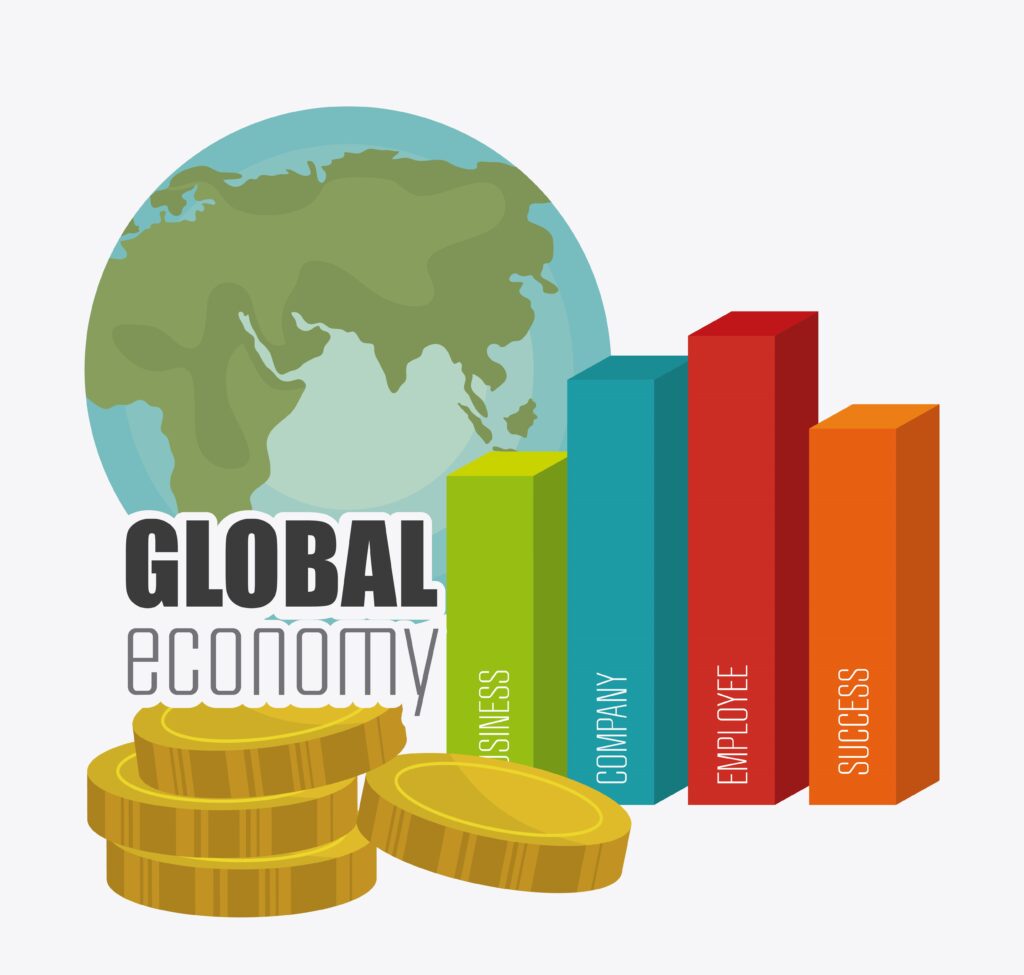
Key Milestones in Economic Power Shifts
As globalization progressed, the balance of economic power began to shift. Notable milestones include:
Rise of Multinational Corporations: The late 20th century saw the emergence of multinational corporations that expanded operations across borders, significantly influencing global trade and investment patterns. These entities often wield considerable economic power, sometimes rivaling that of nation-states.
Emergence of BRICS: The early 21st century marked the rise of emerging economies, particularly the BRICS nations (Brazil, Russia, India, China, and South Africa). These countries have increasingly asserted their economic influence on the global stage, challenging the dominance of traditional powers such as the United States and European nations.
Digital Revolution: The advent of the internet and digital technologies has transformed globalization, creating a global marketplace accessible to businesses and consumers alike. E-commerce has reshaped trade dynamics, allowing businesses to operate on a global scale with unprecedented ease.
Global Financial Crises: Events such as the 2008 global financial crisis highlighted the interconnectedness of economies and the vulnerabilities inherent in globalization. Policy makers have since sought to address these vulnerabilities while promoting economic stability.
Current Trends in Globalization
As globalization continues to evolve, several key trends are reshaping economic power dynamics across the globe. These trends reflect the complexities of modern interconnectedness and the ways in which economies adapt to shifting circumstances. For policy makers, understanding these trends is crucial for crafting effective strategies that respond to the changing landscape.
Economic Integration
Trade Agreements and Partnerships: In recent years, there has been a surge in regional trade agreements aimed at enhancing economic integration. Agreements such as the Comprehensive and Progressive Agreement for Trans-Pacific Partnership (CPTPP) and the United States-Mexico-Canada Agreement (USMCA) illustrate how countries are seeking to strengthen economic ties and reduce trade barriers. These agreements not only facilitate trade but also reflect shifting alliances in response to changing global dynamics.
Read Also: Trade Agreements Role in Facilitating Economic Commerce
Supply Chain Restructuring: The COVID-19 pandemic exposed vulnerabilities in global supply chains, prompting companies and countries to reassess their dependencies. As a result, many are seeking to diversify supply sources and invest in reshoring or nearshoring production. This trend toward supply chain resilience is influencing economic power distribution, as nations that can offer reliable manufacturing bases gain a competitive edge.
Technological Advancements
Digital Economy: The rise of the digital economy has transformed how businesses operate and interact globally. E-commerce platforms, digital payment systems, and online marketplaces have made it easier for businesses, regardless of size, to access international markets. This democratization of trade is empowering small and medium-sized enterprises (SMEs) and contributing to a more dynamic global economy.
Automation and AI Impact: Advances in automation and artificial intelligence (AI) are reshaping labor markets and production processes. While these technologies can enhance productivity and efficiency, they also pose challenges, such as potential job displacement. Policy makers need to consider the implications of these technologies on workforce development and economic inclusivity. For more insights on the impact of AI on the economy, refer to this article.
Also Read: How Emerging Markets are Adapting to Digital Economies

Regional Economic Zones
Emerging Markets: Countries such as India, Brazil, and Vietnam are increasingly becoming focal points of global economic activity. These emerging markets are not only growing rapidly but also attracting foreign investment and talent. As their economies expand, they are influencing global trade patterns and challenging traditional economic powerhouses.
Impact on Global Trade: The rise of regional economic zones, such as the African Continental Free Trade Area (AfCFTA), aims to enhance intra-regional trade and economic cooperation. Such initiatives are expected to reshape global trade flows, providing new opportunities for countries that can leverage their geographic advantages.
Impact of Globalization on Economic Power Dynamics
The ongoing trends in globalization are significantly reshaping economic power dynamics across nations. As countries adapt to these changes, understanding the implications of globalization on economic power becomes crucial for policy makers. This section explores how globalization is influencing the distribution of economic power, trade patterns, and the role of multinational corporations.
Shifting Economic Power Centers
Rise of Emerging Economies: Emerging economies, particularly in Asia and Africa, are experiencing rapid growth, gradually altering the balance of economic power. Countries like China and India have become major players on the global stage, driven by industrialization, technological advancements, and a burgeoning consumer base. According to the World Bank, China is projected to surpass the U.S. as the world’s largest economy in the coming years, underscoring the shift in economic power dynamics. For further insights, explore the World Bank’s report on global economic prospects.
Decline of Traditional Powers: While emerging economies rise, traditional economic powers, particularly in Europe and North America, face challenges such as aging populations, stagnant growth, and increased competition. This decline prompts a reevaluation of policies aimed at sustaining economic competitiveness in a rapidly changing global landscape.
Changes in Global Trade Patterns
- Trade Routes and Accessibility: Globalization has expanded trade routes, enhancing accessibility to international markets. Initiatives like China’s Belt and Road Initiative (BRI) aim to improve infrastructure and connectivity across Asia, Europe, and Africa, thereby facilitating trade and investment. The BRI not only strengthens China’s economic influence but also reshapes trade dynamics for participating countries.
- E-commerce and Digital Trade: The rise of e-commerce has transformed traditional trade patterns, enabling businesses to reach consumers worldwide. Platforms such as Amazon and Alibaba have democratized access to international markets, allowing small and medium enterprises (SMEs) to compete on a global scale. This shift towards digital trade is redefining economic power dynamics, as countries with robust digital infrastructures can leverage their advantages in this new landscape.
Influence of Multinational Corporations
- Power Dynamics between States and Corporations: Multinational corporations (MNCs) now play a pivotal role in shaping global economic policies. With revenues surpassing the GDPs of many countries, these entities wield significant influence, often impacting labor standards, environmental regulations, and trade agreements. For example, companies like Apple and Google can dictate terms that affect entire economies, leading to a reevaluation of how states engage with these powerful players.
- Corporate Social Responsibility: As MNCs gain influence, there is an increasing expectation for them to engage in socially responsible practices. This includes addressing issues like climate change, labor rights, and economic inequality. Policy makers must encourage MNCs to adopt sustainable practices that align with national and global goals, ensuring that globalization benefits a broader range of stakeholders.
Challenges and Opportunities Presented by Globalization
As globalization continues to reshape economic landscapes, it brings forth a unique set of challenges and opportunities that policy makers must address. Understanding these dynamics is vital for crafting effective policies that not only mitigate risks but also harness the potential benefits of a globalized economy. This section explores key challenges, including economic inequality and environmental concerns, as well as the opportunities for growth and development.
Economic Inequality
Wealth Disparities within and between Countries: One of the most pressing challenges of globalization is the widening gap between the wealthy and the poor, both within countries and on a global scale. While globalization has spurred economic growth in many regions, the benefits have not been evenly distributed. High-skilled workers in developed nations often reap the rewards of increased trade and investment, while low-skilled workers face job displacement and stagnant wages. This disparity can lead to social unrest and political instability. A report from the International Labour Organization (ILO) highlights the critical need for policies that address these inequalities.
Policy Responses to Address Inequality: To combat economic inequality, policy makers must adopt inclusive growth strategies that ensure the benefits of globalization reach vulnerable populations. This can include implementing progressive taxation, investing in education and skills training, and developing social safety nets to support displaced workers. By fostering an inclusive economy, nations can mitigate the adverse effects of globalization and promote social cohesion.
Environmental Concerns
- Sustainability in Global Trade: Globalization can exacerbate environmental degradation, as increased production and consumption often lead to higher carbon emissions and resource depletion. The challenge for policy makers is to balance economic growth with environmental sustainability. The rise of environmentally conscious consumers is prompting businesses to adopt sustainable practices, but regulatory frameworks must also evolve to ensure responsible environmental stewardship in global trade.
- Policies for Green Economics: To address environmental concerns, policy makers should promote green economics, which focuses on sustainable development that meets the needs of the present without compromising future generations. This can involve incentivizing renewable energy, enforcing stricter environmental regulations, and supporting innovation in green technologies. Collaborative efforts at the international level, such as the Paris Agreement, are essential for addressing global environmental challenges. For more information on global sustainability efforts, visit the UN Sustainable Development Goals.
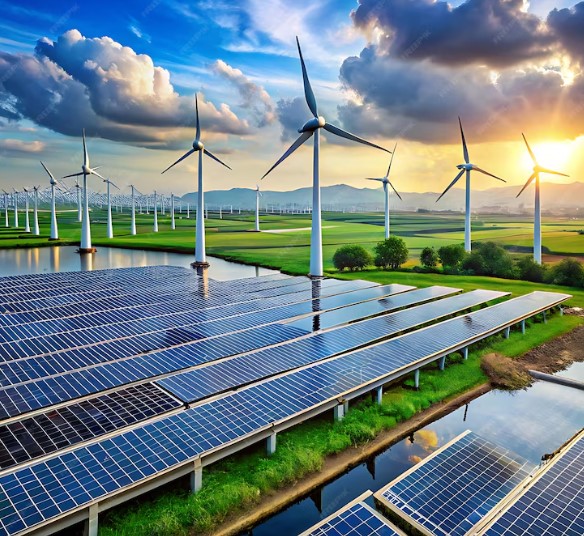
Geopolitical Tensions
Trade Wars and Protectionism: The rise of nationalism and protectionist policies in various countries poses significant challenges to globalization. Trade wars, such as those between the U.S. and China, disrupt global supply chains and create uncertainty in international markets. Policy makers must navigate these tensions while promoting free trade principles and diplomatic engagement.
Strategies for Diplomatic Engagement: Effective diplomacy is crucial for addressing geopolitical tensions and fostering cooperation among nations. Policy makers should focus on building strong international alliances, participating in multilateral negotiations, and promoting dialogue to resolve conflicts. By fostering a collaborative international environment, nations can work together to tackle global challenges and enhance economic stability.
Also Read: Trade Wars: The Future and What Lies Ahead
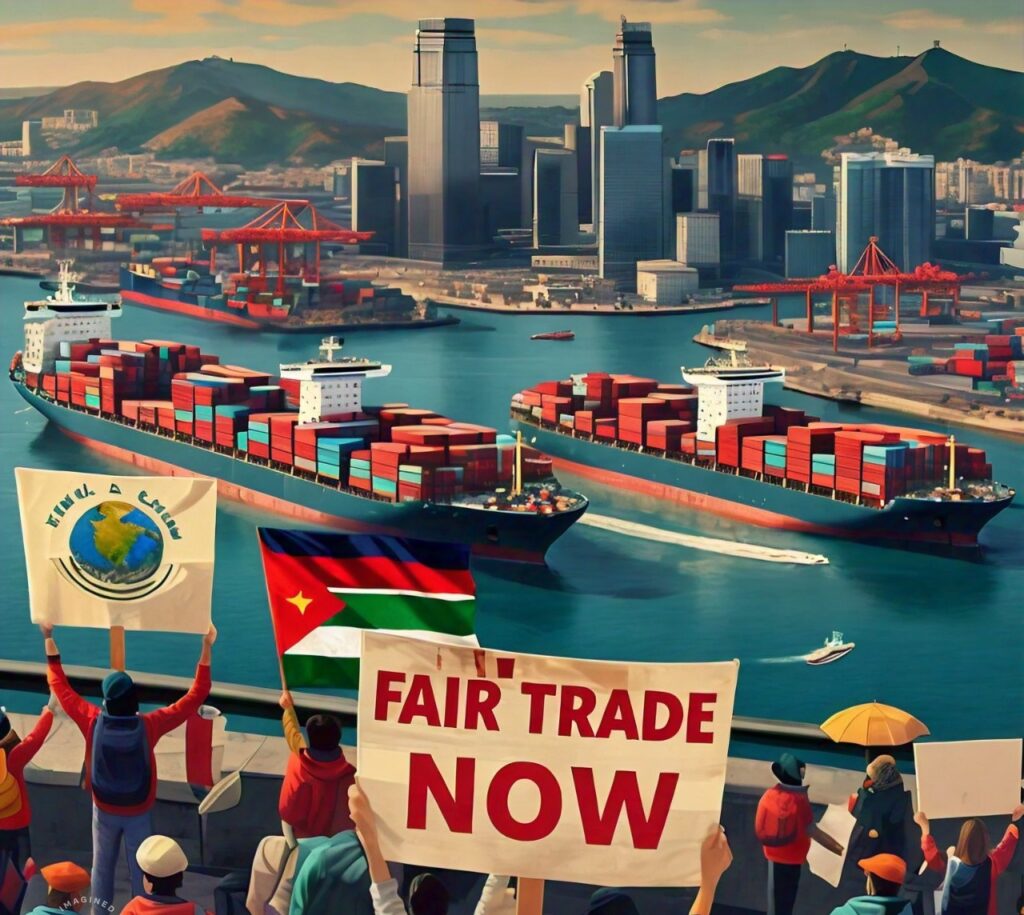
Policy Recommendations
To effectively navigate the complexities of globalization and its impact on economic power dynamics, policy makers must adopt a proactive and multifaceted approach. This section outlines key policy recommendations aimed at harnessing the benefits of globalization while addressing its challenges, particularly in the areas of adaptability, inclusive growth, and international cooperation.
Adapting to Global Changes
Creating Flexible Economic Policies: Policy makers should prioritize the development of flexible economic policies that can adapt to changing global conditions. This includes establishing frameworks that allow for quick responses to economic shocks, such as sudden shifts in trade patterns or disruptions in supply chains. By fostering a responsive economic environment, countries can mitigate the adverse effects of globalization and maintain stability.
Encouraging Innovation and Adaptation: Supporting innovation is crucial for nations to remain competitive in a globalized economy. Policy makers should invest in research and development (R&D) initiatives, create innovation hubs, and promote partnerships between the public and private sectors. Encouraging entrepreneurship and fostering a culture of innovation can help economies adapt to technological advancements and emerging market trends.
Promoting Inclusive Growth
- Supporting Vulnerable Populations: To ensure that the benefits of globalization are equitably distributed, policy makers must implement targeted programs that support vulnerable populations. This includes providing access to education, vocational training, and job placement services for those affected by globalization, particularly low-skilled workers who may face job displacement due to automation or offshoring.
- Investing in Education and Skills Development: Education is a fundamental pillar of inclusive growth. Policy makers should prioritize investments in education systems that equip individuals with the skills needed for the modern economy. This includes not only traditional academic pathways but also technical training and lifelong learning opportunities to help workers adapt to changing job markets.
- Enhancing Social Safety Nets: Strengthening social safety nets is essential for protecting individuals and families from the negative impacts of globalization. Policy makers should consider expanding unemployment benefits, healthcare access, and housing support to ensure that those who experience economic hardship have the necessary resources to recover and thrive.
The Significance of Wage Growth as An Economic Indicator
Conclusion
The complexities of globalization and its profound impact on economic power dynamics necessitate a comprehensive understanding among policy makers. As we have explored throughout this article, globalization is not merely an economic phenomenon; it encompasses social, political, and cultural dimensions that collectively influence global interactions and relationships.
The challenges and opportunities presented by globalization require decisive action from policy makers. By adopting the recommendations outlined in this article and committing to proactive policy development, nations can harness the benefits of globalization while mitigating its risks. This approach will not only foster sustainable economic growth but also contribute to a more equitable and resilient global economy.
As globalization continues to shape the world, it is imperative for policy makers to remain informed, adaptable, and engaged. Through collaborative efforts and strategic planning, they can navigate the complexities of globalization, ensuring that future generations inherit a world that is prosperous, equitable, and sustainable.

